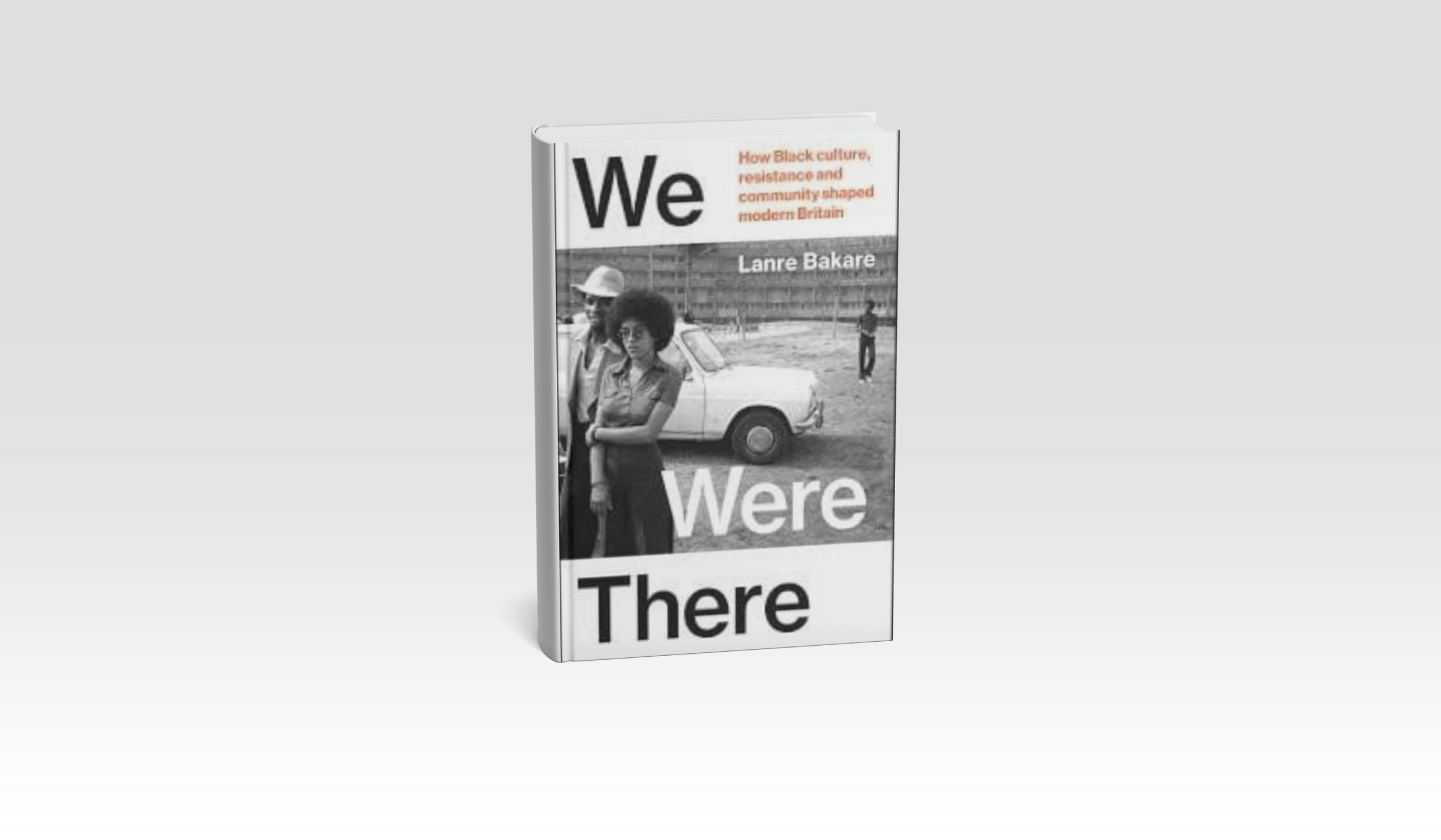We Were There: How Black culture, resistance and community shaped modern Britain
By Lanre Bakare
Lanre Bakare's debut book, We Were There: How Black Culture, Resistance and Community Shaped Modern Britain, offers a compelling reexamination of Black British history, challenging the prevailing notion that Black Britons have been recent contributors to the nation's cultural landscape. Instead, Bakare posits that their influence has deep roots, particularly during the transformative Thatcher era of the late 1970s and 80s.
Bakare, a journalist from Bradford, shifts the focus from the often London-centric narratives to highlight the vibrant Black communities across cities like Bradford, Wolverhampton, Manchester, Liverpool, Cardiff, and Edinburgh. He delves into the cultural movements and grassroots activism that flourished in these regions, bringing to light stories that have been largely overlooked.
One poignant example is the story of Steve Caesar, a teenage migrant from St Kitts who became the inaugural northern soul dance champion at Wigan Casino in 1974. Caesar's experience underscores the significant yet underrepresented participation of Black Britons in cultural scenes traditionally viewed as white domains. Bakare's exploration reveals how such narratives have been marginalised, contributing to a fragmented understanding of British cultural history.
The book also examines the activism that challenged systemic injustices. Bakare recounts the 1979 campaign that overturned the wrongful conviction of George Lindo, a Black man from Bradford framed by racist police. He draws parallels between the 1982 toppling of a statue linked to the slave trade in Liverpool and the more recent removal of Edward Colston's statue in Bristol, illustrating a longstanding tradition of Black resistance against racial injustice.
Bakare argues that the erasure of Black contributions has led to a false perception of cultural discontinuity. He emphasizes the importance of acknowledging these hidden histories to gain a comprehensive understanding of modern Britain. By bringing to light the stories of activists, artists, and communities, We Were There serves as a corrective to the incomplete narratives that have dominated British history.
The book's publication is timely, coinciding with research indicating that a significant portion of Britons are unable to name a single Black British historical figure. Bakare's work contributes to the ongoing efforts to rectify this gap in collective memory, advocating for a more inclusive and accurate portrayal of the nation's past.
In We Were There, Bakare not only documents the rich tapestry of Black British culture but also challenges readers to reconsider the narratives that have shaped their understanding of Britain's history. His work underscores the necessity of integrating these overlooked stories into the broader national consciousness, ensuring that the contributions of Black Britons are recognised and celebrated.
Colin Grant
April 2025

